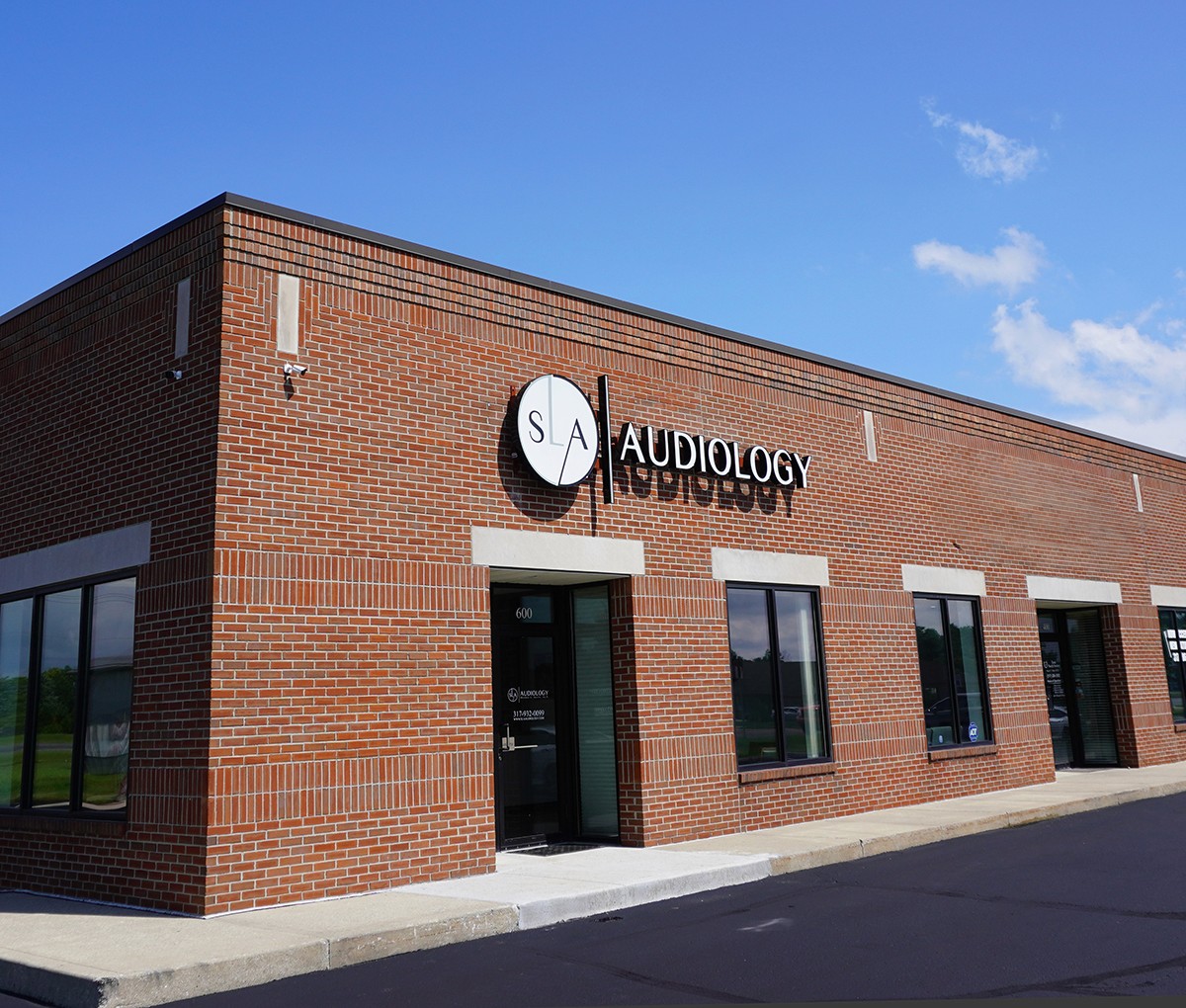
How Seasonal Allergies Affect Your Hearing Health
Jun 18, 2025
As allergy season hits us here in Indiana, you may find yourself reaching for tissues more often as your body reacts to airborne allergens like pollen, grass, and mold.
While most people are familiar with common allergy symptoms such as sneezing and itchy eyes, many might not realize that these allergens can also have a significant impact on ear health.
It’s important for your hearing health and overall health to understand how allergens can influence your ears, what symptoms to look out for, and when it might be time to consult with a hearing care professional.
What Are Seasonal Allergies?
Seasonal allergies, often referred to as hay fever, are allergic reactions to environmental factors. These allergies are typically triggered by the sudden influx of pollen, mold, grass, and other irritants.
When your immune system detects these allergens, it may overreact, leading to symptoms like sneezing, a runny nose, and congestion.
For some individuals, these symptoms extend beyond the respiratory system and can affect ear health.
How Seasonal Allergies Affect the Ears
Your ears, nose, and throat are intricately connected, meaning that issues in one area can affect the other.
During an allergic reaction, histamines are released, causing inflammation and swelling of the nasal passages. This inflammation can block the Eustachian tube, a small canal that connects your middle ear to the back of your nose and throat.
When the Eustachian tube is blocked or swollen, it can lead to a buildup of fluid in the middle ear, potentially causing a sensation of fullness, muffled hearing, or even pain.
The pressure changes in the ear due to this blockage can feel like the sensations experienced during airplane travel or high altitudes, which are often uncomfortable and disorienting.
While these symptoms are usually temporary and will resolve once your allergies are under control, they can cause significant disruption and require attention if they worsen.
Impact on Hearing Aid Users
For hearing aid users, the impact of seasonal allergies can be even more pronounced.
The increased production of earwax during allergy season can obstruct the proper functioning of hearing aids. Moisture from increased nasal secretions can also worsen these issues, leading to potential device malfunctions.
Hearing aids need to be in top condition to manage external noise and enhance communication effectively, so any interference can lead to reduced sound quality and frustration. To lessen these effects, regular maintenance and cleaning routines for your hearing aids are essential. Consult with your audiologist about specific moisture-control tools or dehumidifiers that can help keep your devices dry and functional during peak allergy seasons.
Coping Strategies and Hearing Aid Care During Allergy Season
There are several strategies you can employ to reduce ear-related issues during allergy season:
Maintain Good Hygiene: Regular cleaning of your ears and hearing aids can prevent buildup of wax and allergens. Ensure you clean your ears safely to avoid potential damage like perforated eardrums.
Environmental Control: Limiting exposure to allergens within your home can reduce symptoms. This can include using air purifiers, regular cleaning to reduce dust and pet dander, and keeping windows closed during high pollen periods.
Medication and Treatment Plans: Over-the-counter or prescribed allergy medications like antihistamines or nasal corticosteroids can significantly reduce allergy symptoms. Talk to your primary healthcare provider to understand which medications could be effective without adversely affecting your ear health.
Take Care of Your Ears This Summer
Recognizing the connection between seasonal allergies and hearing allows you to better prepare and manage your symptoms, ensuring your ear health stays at its best even during the peak of allergy season. Professional care can assess whether your issues are purely allergy-related or if there is another underlying cause that might need addressing. If you need to get your hearing checked out by a professional, or you want to address concerns about your hearing aids, you can rest assured that our team of experts is ready to help. Contact us today to get started so you can enjoy the seasons without compromising your hearing health.

Shannon L. Austin, Au.D.
Search
Request a Callback
Get expert hearing care at SLA Audiology. Whether you need a hearing test, tinnitus treatment, or custom hearing solutions, our specialists are here to help.




